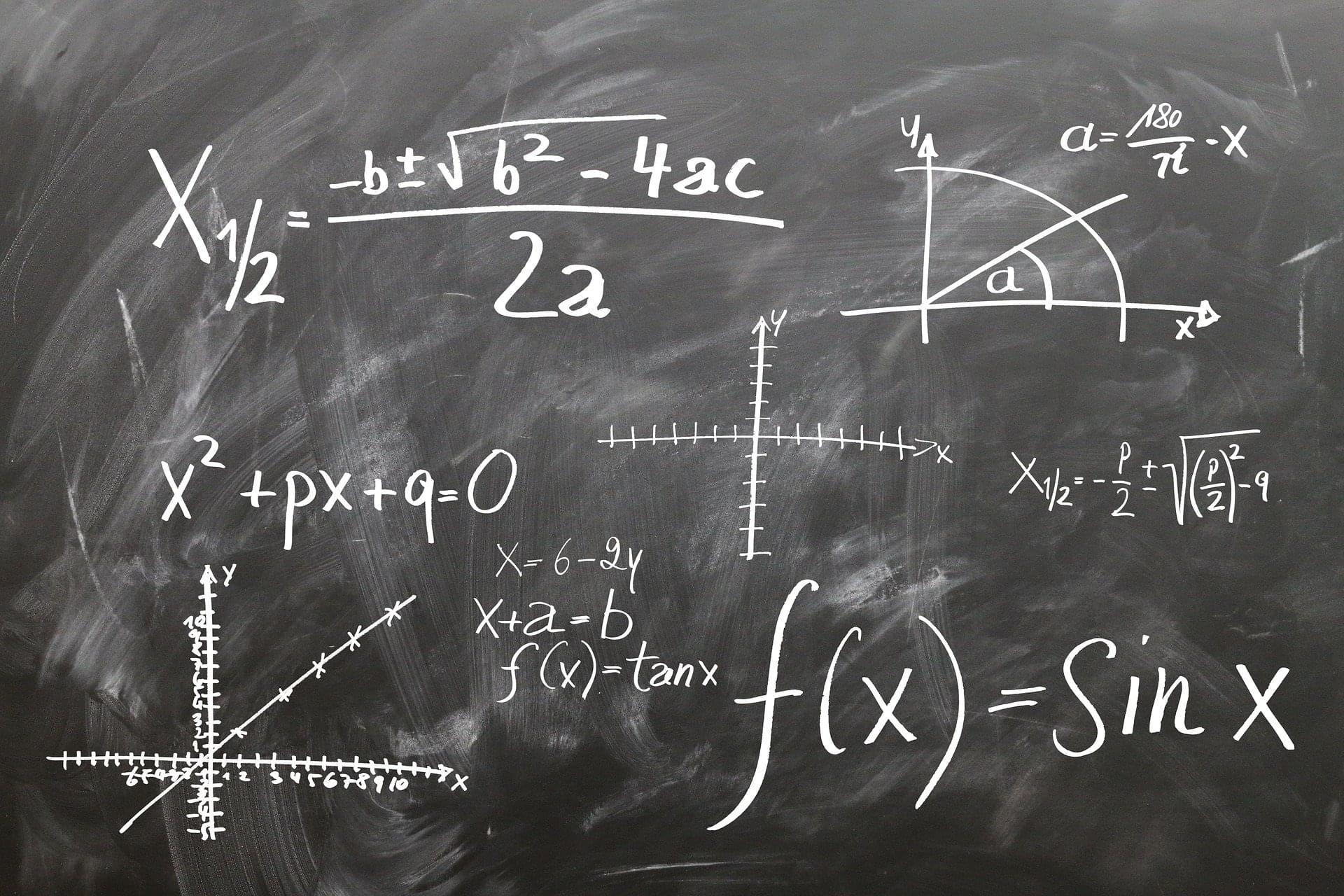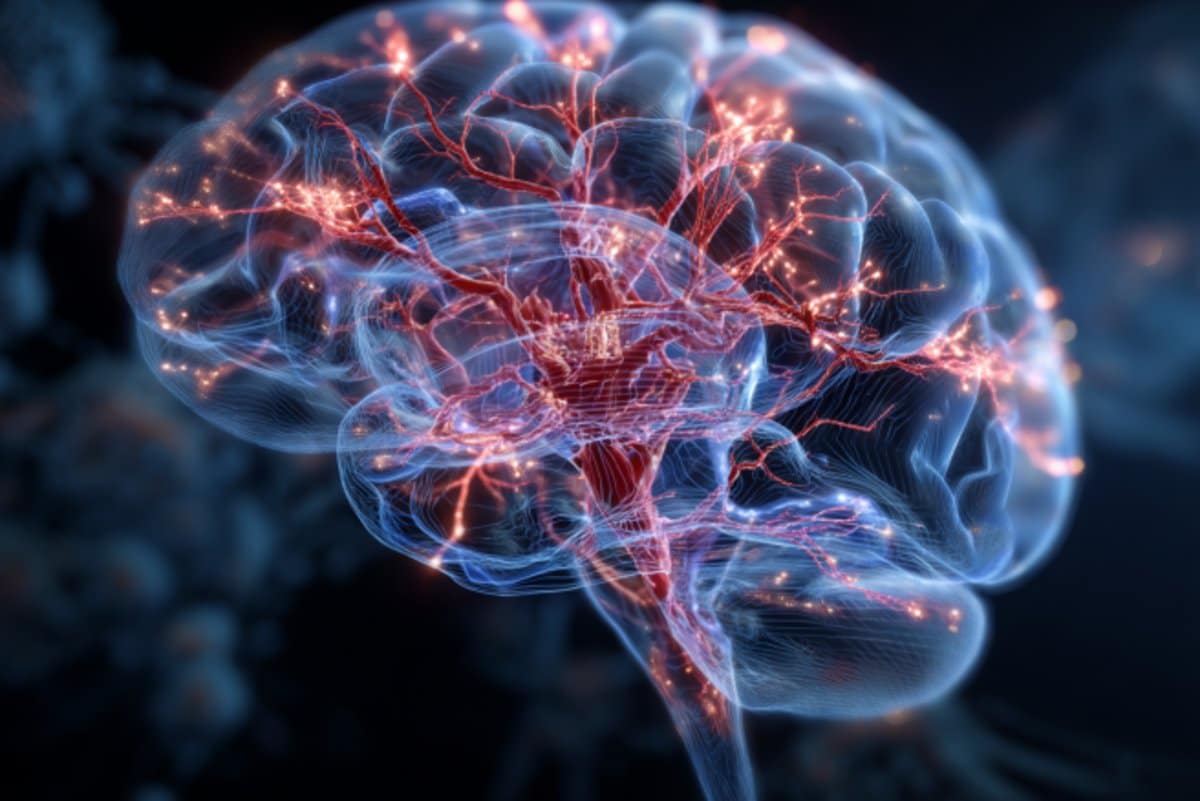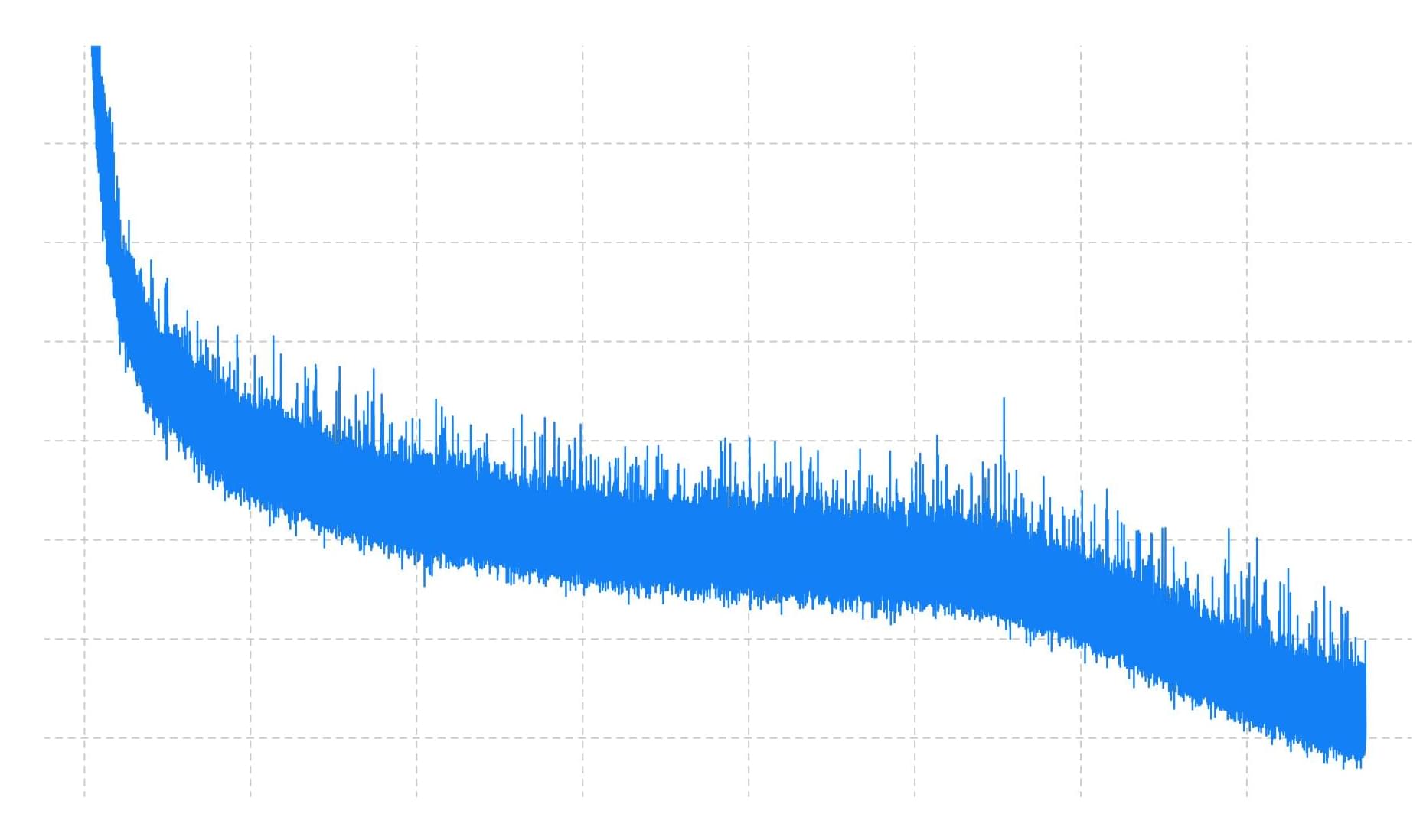The time delay experienced by a scattered light signal has an imaginary part that was considered unobservable, but researchers have isolated its effect in a frequency shift.
A scattering material, such as a frosted window or a thin fog, will cause light to travel slower than it would if no material were in its path. The mathematical formula for this time delay has a real part—which is well studied—and a lesser-known imaginary part. “The imaginary time delay has been largely ignored and disregarded as unphysical,” says Isabella Giovannelli from the University of Maryland. But she and her advisor Steven Anlage have now measured this abstract quantity by recording a corresponding frequency shift in scattered light pulses [1].
The real part of the time delay has been observed in many experiments, particularly slow-light setups where light pulses can become effectively trapped inside a scattering medium (see Focus: Light Nearly Stopped in a Waveguide). By contrast, the imaginary part has been stuck in the realm of mathematics. Theoretical work from 2016, however, showed that the imaginary time delay can be related to a potentially observable frequency shift [2].








